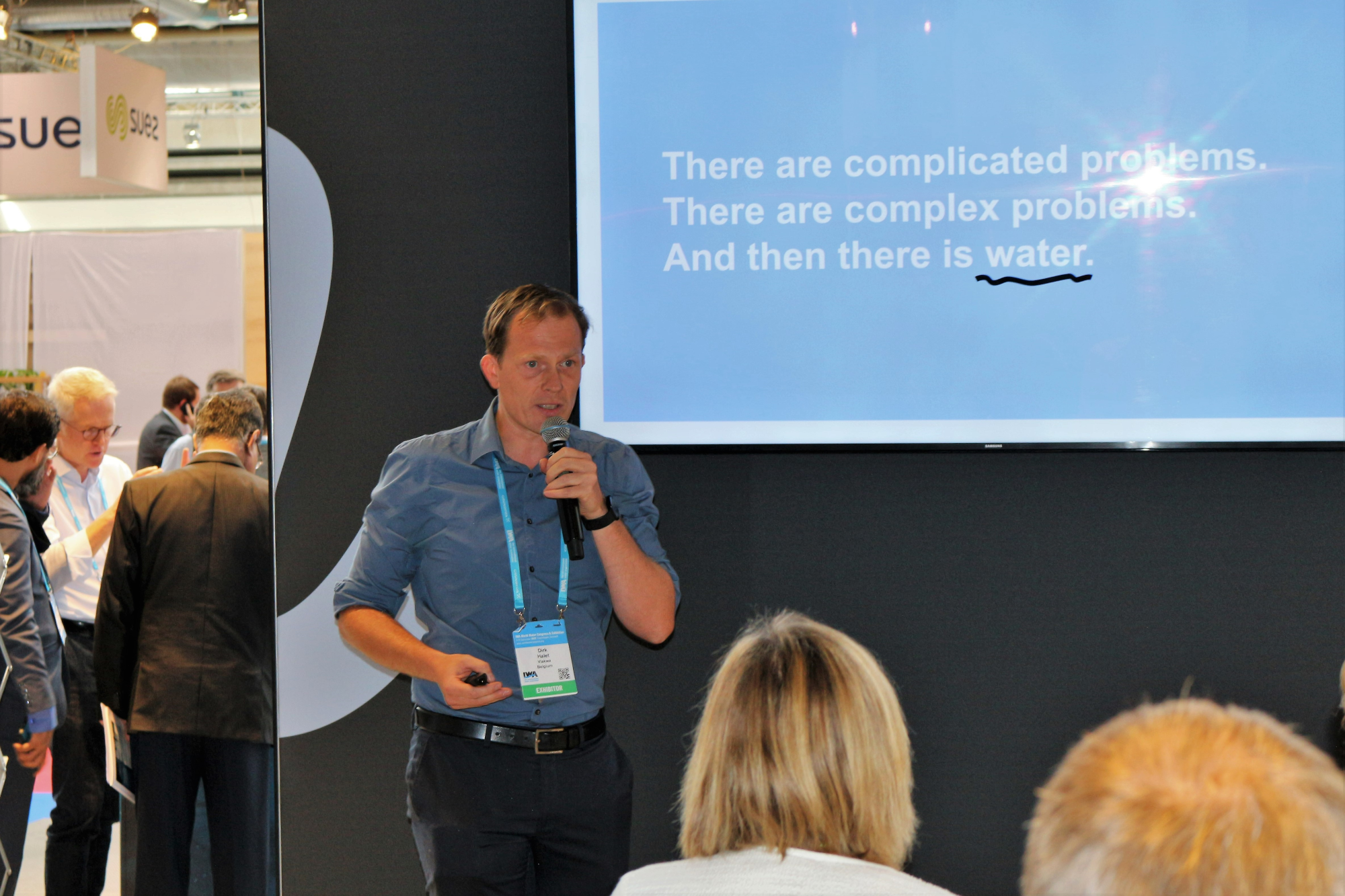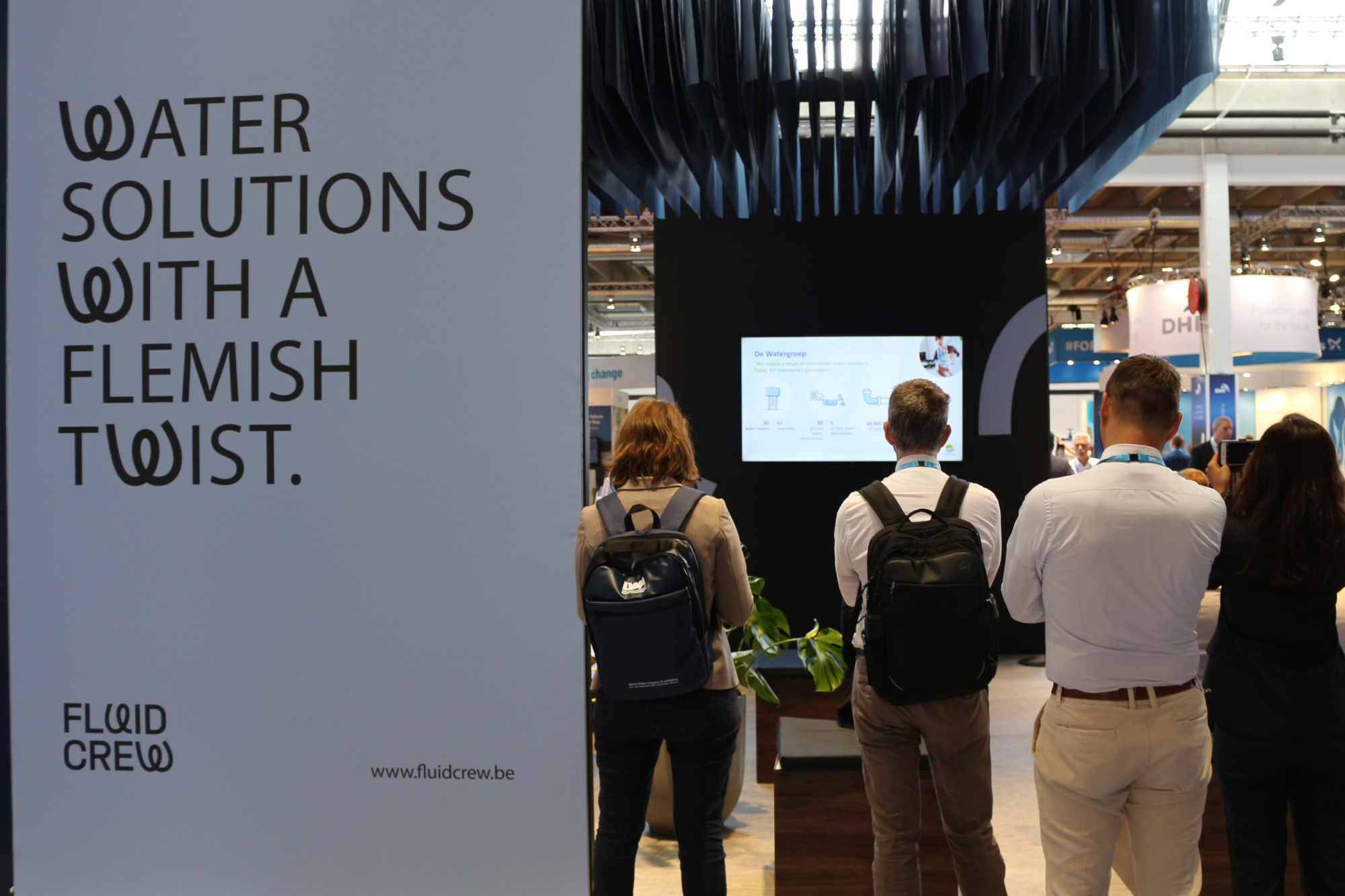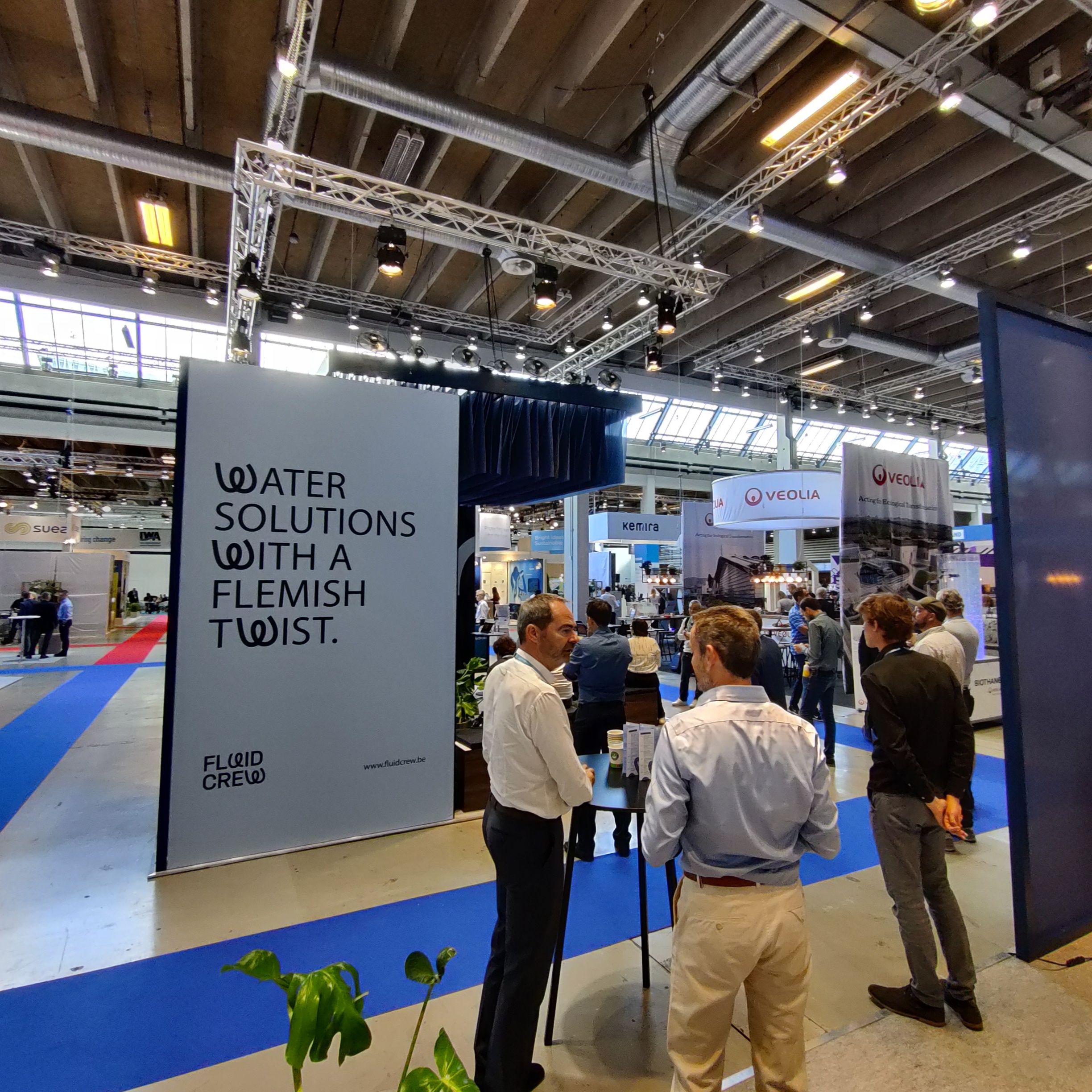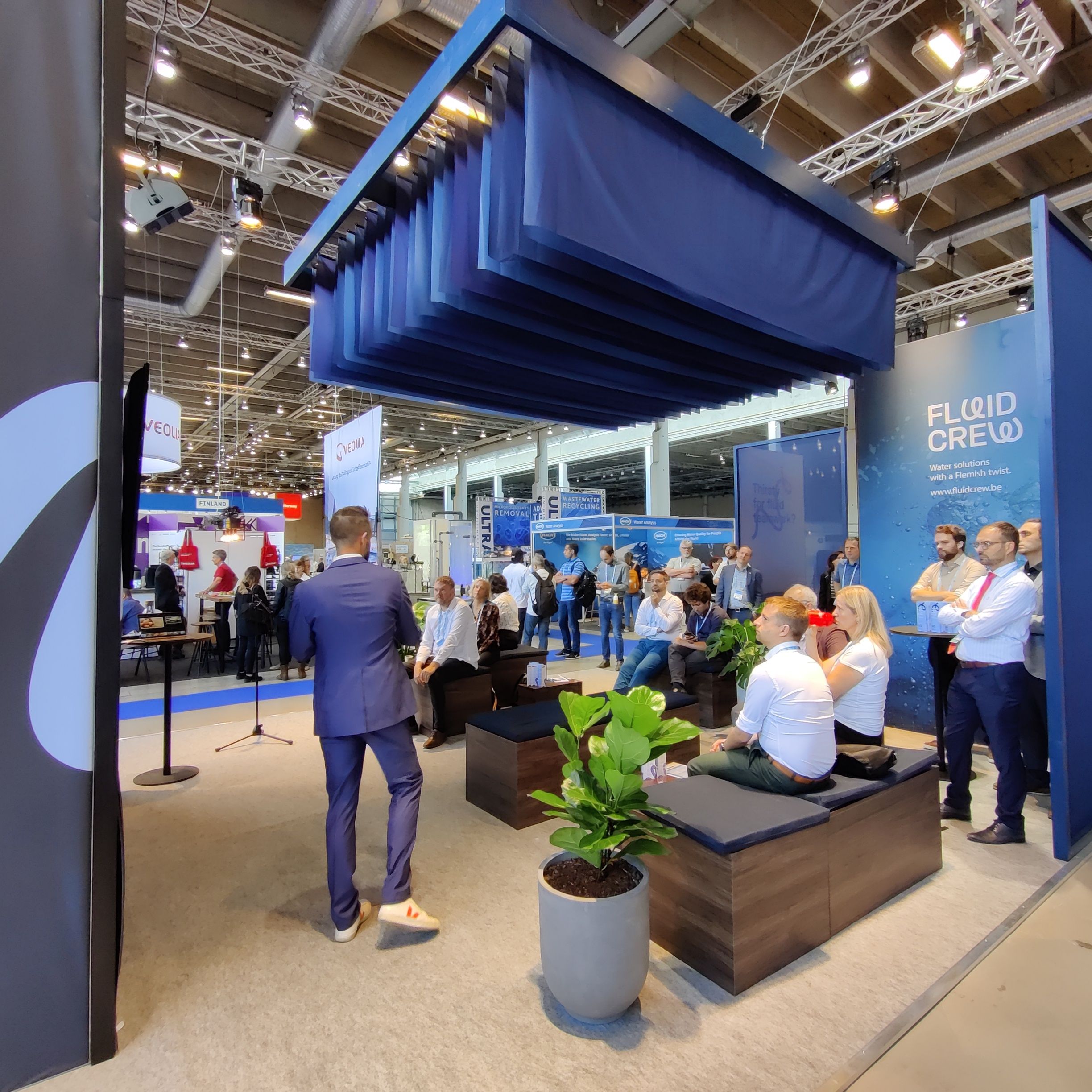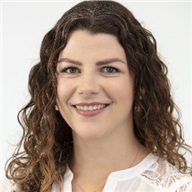Flanders has ever been intimately connected with water. Our region even takes its name from it: 'Flanders' is said to be derived from the Old Germanic word 'flauma', which roughly translates to 'flooded land'. Today, water is both an indispensable resource and a source of concern for Flanders. This challenge unites many companies, organisations and authorities from all fields in the economy and society. Since 2022, these stakeholders have been flying under the same flag in international waters. ‘In Fluid Crew, we're joining forces to put Flanders on the map as a water region.’
One of the most important raw materials for the Flemish economy is water. After all, no beer, chocolate or fries without (fresh) water, just to name a few of our most renowned products. But without water, no intensive textiles, chemicals or food industry either. And no canals and ports that help drive the Flemish economy. Yet Flanders often struggles with an excess of water too, which means that flooding is not a rare occurrence due to high population density, dense urban building and high degree of soil sealing. This means that water not only creates some unique opportunities, but equally leaves us facing some major challenges.
Under the same flag
The Flemish water sector had often marched under a range of different banners with companies, organisations and authorities highlighting their specific, delineated activities. ‘Views have since matured and we've taken the initiative to join together and collectively define and refine the Flemish water story,’ says Maaike Vandekerckhove from VITO/Vlakwa. This was how Fluid Crew came about in 2022 – as a network that brings together water stakeholders in Flanders, from drinking water companies through technology suppliers to authorities implementing the Blue Deal.
‘In Fluid Crew, not only do we fly under the same flag, we're also making even more efforts for the integrated, systemic nature of water solutions. Putting the words to work.’ says Vandekerckhove, who is the Communications Manager for Fluid Crew. VITO/Vlakwa is one of the Flemish water stakeholders and the driving force behind the network, along with AquaFlanders, watercircle.be and the government services involved.
It is typical of Flemish water solutions that they are applied in surroundings that are particularly complex. Vandekerckhove: ‘Although Flanders could practically fit in your pocket, almost seven million of us are living here. (One drop can't move a stone… but 7 million can. One of Fluid Crew's slogans refers to the approaching number of Flemish inhabitants). In addition, we're keeping a flourishing economy going, with much industry, logistics and agriculture. All of that takes heaps of space, as well as water. That means water solutions, by definition, can't be simple here. But that won't stop us from conceiving them and putting them into practice. Hence the baseline for Fluid Crew: “Water solutions with a Flemish twist.” What we mean by that is that we don't just blindly choose the best technology on paper. We want the right technology in the right place, in the right setting. Of prime importance is that the pieces of the puzzle fit together, in an integrated water solution that's inextricably connected to the unique Flemish context.’
Whenever overlooking water in Flanders, you will quickly spot some creative and innovative solutions. Things like the Sigma Plan for the Scheldt, which allows the river to overflow in a controlled way to avoid flooding. Or the wastewater that is purified in dunes on the Flemish coast. Or how rainwater is collected and reused en masse in Flemish homes and businesses. ‘The people of Flanders now think of that as normal,’ says Dirk Halet from VITO/Vlakwa. ‘But abroad, colleagues are still amazed when I tell them about this. It shows that we can be pretty proud of our approach to water.’ At Fluid Crew, a flexible and integrated approach is firmly the top priority – hence the name. ‘Our power lies in our continuous collaboration. That's how our activities blend together into the right solutions.’
Reliable partner
Fluid Crew now has about forty members. The network was launched in Copenhagen in September 2022, at the conference and exhibition of the International Water Association. ‘The Flemish water stakeholders taking part in this event presented themselves as flying under same flag there for first time,’ continues Vandekerckhove. ‘You could find the Flemish water sector in a communal fair pavilion with a common Fluid Crew look and feel, where we presented pitches and highlighted projects. These were often cases where multiple partners are collaborating, so turning words into works in contributing to the shared success story of our ‘fluid’ solutions.’ This was how Fluid Crew came to life as a point of contact for complex water issues. ‘It also helps us offer our story to the outside world,’ adds Halet as an aside. ‘A broader, clearer picture of water in Flanders has a good deal more impact than separate snippets. And by bringing out those success stories together, we're also presenting ourselves as a reliable partner. So not words, but actions.’ Indeed, Fluid Crew is constantly open to new members. Information is available at the e-mail address below.
Fluid Crew is also very active at home in Flanders. Several events (‘forums’) are organised every year, where the members come to exchange thoughts and experiences on a particular topic. And there are plenty of topics. ‘Take, for example, the way we're organising ourselves to handle the complex PFAS issues. This includes an action plan from the Flemish Government to remove highly concerning substances, a shared research agenda for water, a new knowledge centre and a whole host of innovative projects for removing PFAS. But naturally, there is also room for informal – fluid? – networking at such events,’ says Vandekerckhove.
Water is also a major theme for the Belgian EU presidency during the first half of this year. On 12 March 2024, for example, an extraordinary water conference will take place, for which the members of Fluid Crew were surveyed about its contents. The emphasis there will include greater resilience around water. ‘We've had a lot of experience on this topic in Flanders for a long time too,’ says Halet. ‘After all, in our rich history, we've tackled a lot of water problems. And who better to deal with complex water issues than the ones who've been facing them for centuries and have always managed to develop ingenious solutions?’

